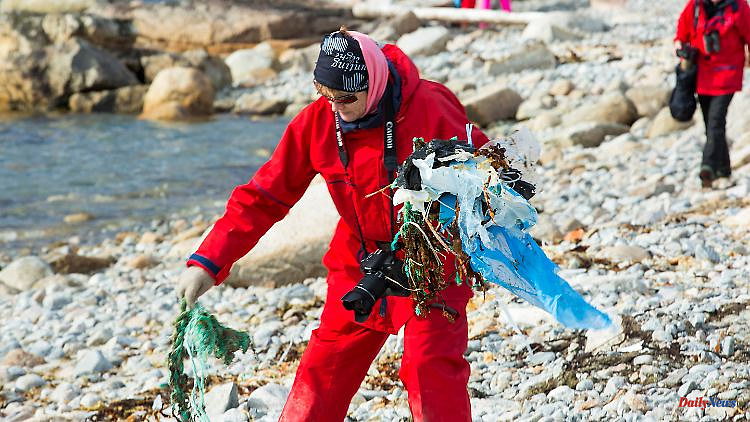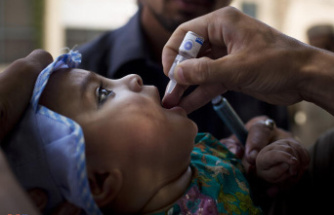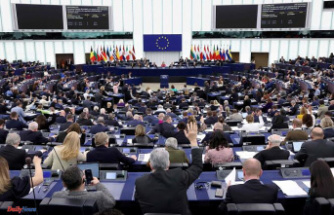Many Germans try to separate waste and recycle. Nevertheless, plastic waste from Germany often finds its way to the far north. According to a study by the Alfred Wegener Institute, around a third of the rubbish washed up in the Arctic comes from Europe and eight percent comes from Germany.
Plastic waste from Germany can be found in large quantities in the Arctic. A third of the clearly identifiable plastic waste in the Arctic comes from Europe, a large part of it from Germany, according to a study published by the Alfred Wegener Institute (AWI) in Bremerhaven. For five years, the researchers had had plastic waste washed up by tourists on the beaches of Spitsbergen collected.
According to the information, a total of 23,000 pieces of waste with a total weight of 1620 kilograms were collected between 2016 and 2021. With 80 percent of the amount, by far the largest part is plastic waste. Inscriptions or inscriptions could still be seen in about one percent of the garbage - mostly from countries bordering the Arctic, especially Russia and Norway. Eight percent of the garbage found comes from Germany. In addition, rubbish was found from very distant countries such as Brazil, China or the USA.
A comparison of the new data with previous surveys on the sea surface and the deep sea floor shows that arctic beaches accumulate significantly more garbage and represent a kind of repository, the research team determined. The plastic waste poses additional challenges for Arctic ecosystems, which are already extremely stressed by the rising temperatures caused by climate change. The Arctic is heating up four times faster than the global average.
"Our results make it clear that even rich and environmentally conscious industrial nations like Germany, which could afford better waste management, make a significant contribution to the pollution of distant ecosystems like the Arctic," explained AWI expert Melanie Bergmann. In order to tackle the problem effectively, not only the waste management on site - especially on ships and in fisheries - must be improved. At least as important is the massive reduction in global plastic production, especially in the industrialized nations of Europe, North America and Asia.












